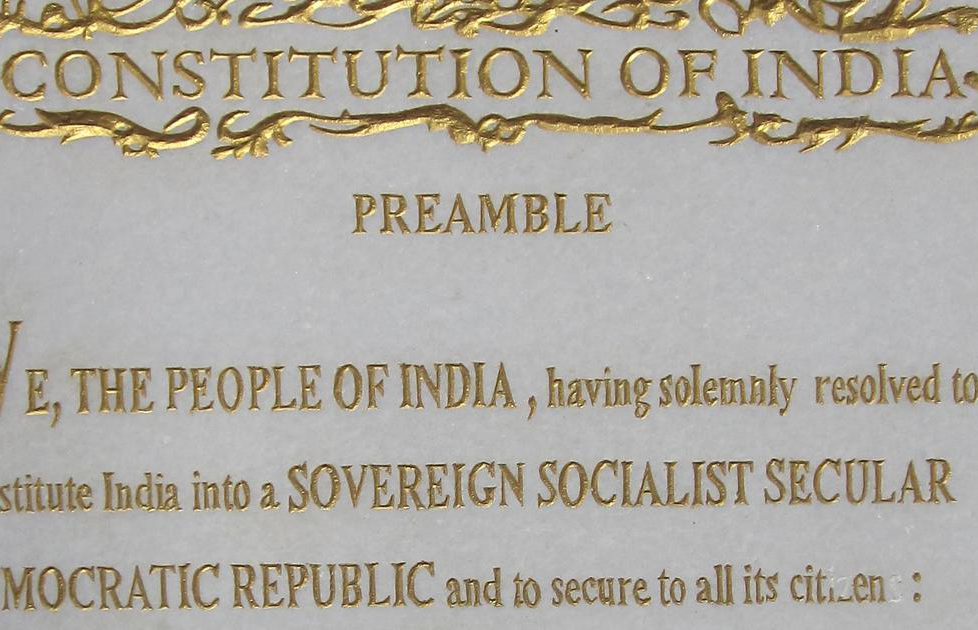Did corruption in india skyrocket after adding “Socialist” in constitution?


The word “socialist” was added in the 42nd Amendment of the Constitution. It changed the description of India from a “sovereign democratic republic” to a “sovereign, socialist secular democratic republic”. It was Passed on 11th November 1976 when the entire opposition was in Jail during Emergency.
“Socialism” is an extremely noble and revolutionary political concept.
Describing in one line: “State works for the welfare of all the Citizens till the last person“.
It means the following:
Lets look what happened in India in and after 1970s?
The above are just few examples. There are many more.
Whether the word “Socialist” was added to do the loot in the grab of socialism, that history will say.
DISCLAIMER: The author is solely responsible for the views expressed in this article. The author carries the responsibility for citing and/or licensing of images utilized within the text.
